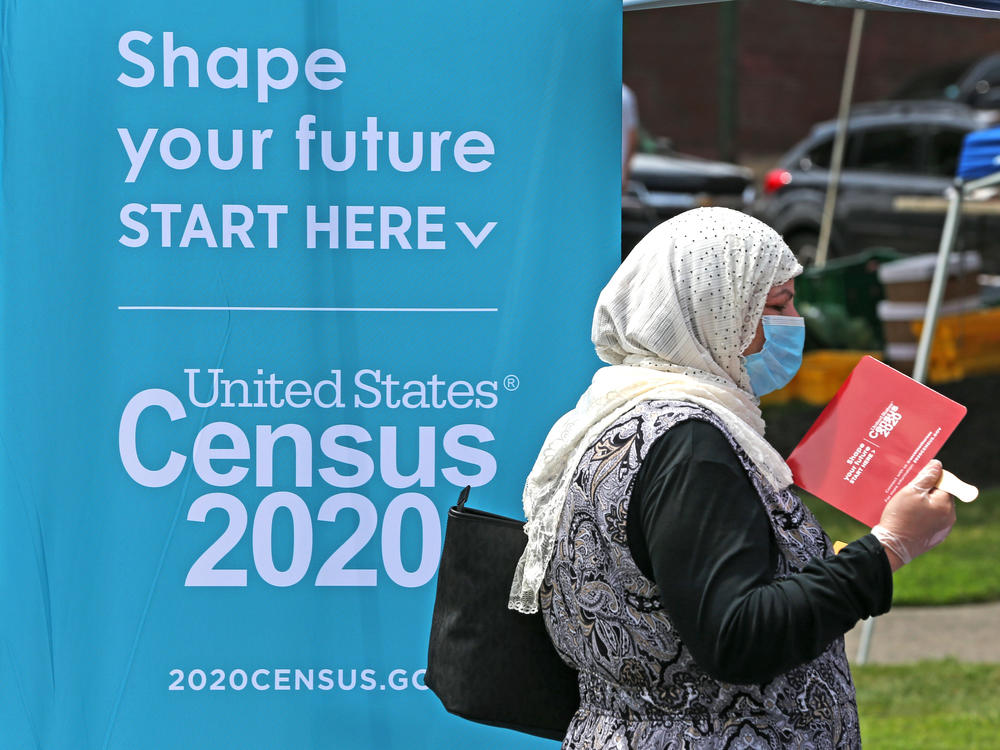Section Branding
Header Content
After Months Of Delay, The Census Data For New Voting Maps Is Coming Out Aug. 12
Primary Content
After months of delays, the 2020 census results used to redraw voting districts around the country will finally be released on Aug. 12, the U.S. Census Bureau said Thursday.
In a tweet, the federal government's largest statistical agency confirmed that the detailed demographic data will be posted on its website four days sooner than Aug. 16, the previously announced deadline the bureau had agreed to meet as part of a lawsuit by Ohio over the data's release schedule.
The coronavirus pandemic and interference by the administration of former President Donald Trump have forced the bureau to put out new redistricting data about five months later than its original schedule in order to run more quality checks.
That lag has eaten into the time to prepare new voting maps in many parts of the U.S., cranking up the pressure on mapmakers in what is usually a contentious and highly partisan process of redistributing political representation based on the population totals from the once-a-decade head count. Because of the delays in delivering the data — which the bureau first signaled in April 2020 — some state and local governments have had to push back election dates.
The upcoming release of the second major set of 2020 census results is coming amid a string of controversies that have raised questions about the data's quality. Aside from COVID-19 disrupting door-knocking efforts, last year's count was upended by Trump officials' last-minute schedule changes as well as the specter of the previous administration's failed push for a citizenship question that was likely to suppress census participation among Latinx and Asian American residents.
Many data users are also concerned about the usability of redistricting data about rural and small geographic areas because of the effects of the agency's new privacy protection system.
The bureau's acting director, Ron Jarmin, however, has emphasized that the data's quality is "quite remarkable amid all the challenges we faced last year."
"Every way we've analyzed the 2020 Census — through our extensive reviews during data processing, by comparing the numbers to population benchmarks, and looking at the operations — the census data are high quality and are fit to use for redistricting," Jarmin said in a blog post last month.
Copyright 2021 NPR. To see more, visit https://www.npr.org.

